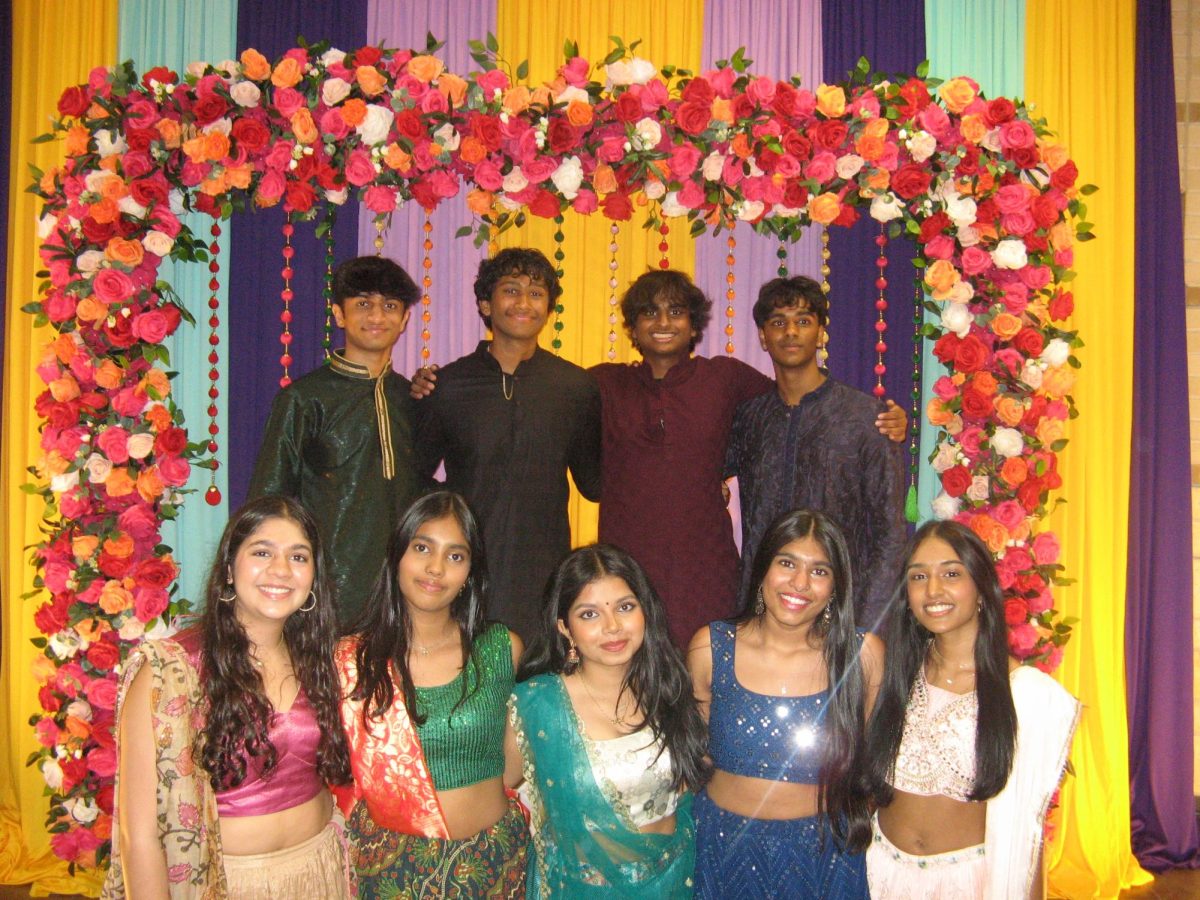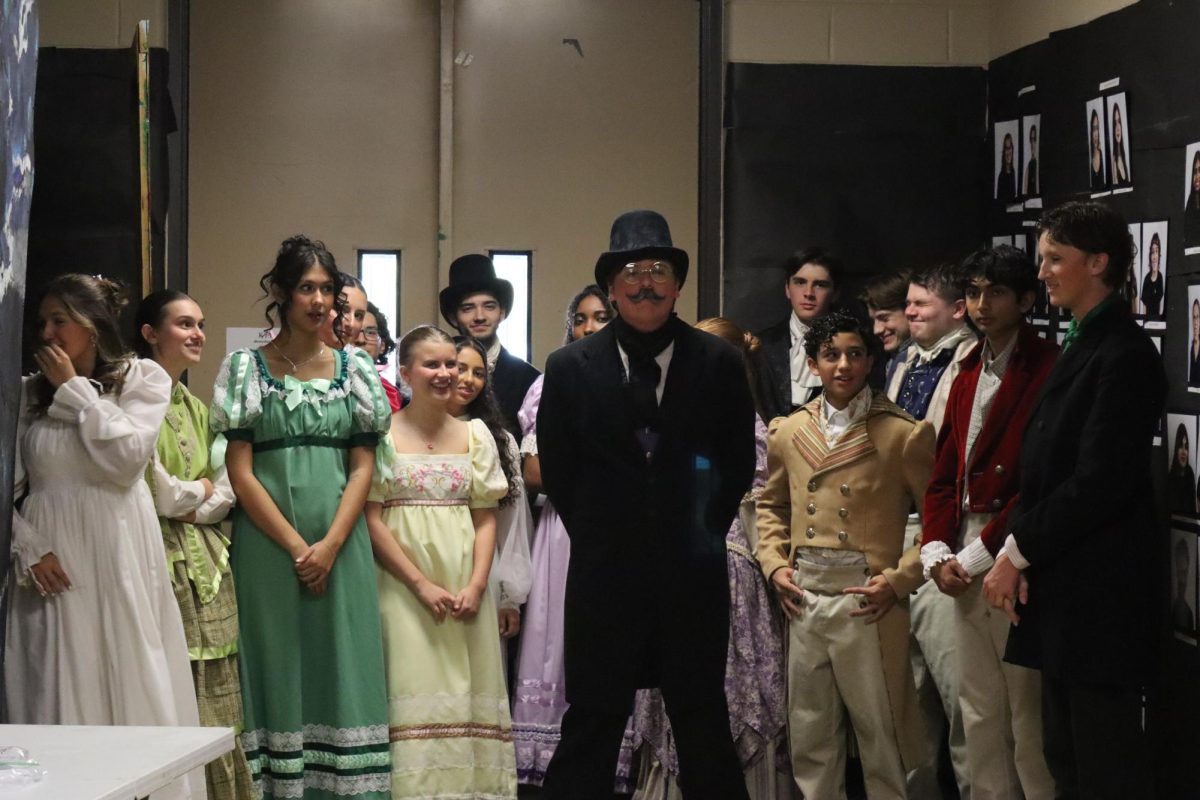A performative male may be seen at a cafe drinking watered-down matcha, wearing Aelfric Eden jorts with a tote slung around his shoulder, holding a vinyl of the new Laufey album. Though these are just common stereotypes, they’re more accurate than you would initially believe.
“I think it just started as a running joke just within society…But then it became a trend, and so now it is a thing,” senior Lilian Armenta said.
When asked why these men claim to have such specific interests, freshman Thomas Avalilo said, “To attract females.” Avalilo believes that this pick-me behavior has been observed before, but never with such particular qualities. The concept of being “pick-me” involves acting as a sure way to attract the opposite sex, and these made-up qualities are what seem to be what women find most attractive in this generation.
This performative persona has been especially reinforced over social media in recent months, even influencing competitions to determine the most performative males in cities such as Seattle, San Francisco, and New York.
It is clear that their numbers are substantial, but what real impact do they make? Just ask anybody who genuinely enjoyed these hobbies before this trend.
“I used to love matcha, but now every time I drink matcha, I think I’m being performative,” Tiffany Tu, junior, said.
And matcha is only an example; many people claim to have opinions that differ from their actual ones.
“They like to pretend that they’re feminist or they’re for women’s empowerment, but that is not who they are,” Armenta said.
Even everyday things such as classical music and flannels are now seen as performative, limiting those who genuinely enjoy them from expressing their love for them out of fear of being labeled as performative.
There are certain advantages to this new trend in specific ways. Men facing more exposure towards feminine literature and traditionally feminine hobbies can be seen as a step away from normalized misogyny in society, a prevailing issue that has been continually solidified over the last few years.
While the rise of performative males has created social dilemmas for those who genuinely do enjoy the same things, it is also evidence of progress towards realizing and moving away from traditional gender roles and expectations in men. Whether this trend is seen as humorous or reforming, it represents how quickly authenticity is questioned and how social media continues to shape identity.








